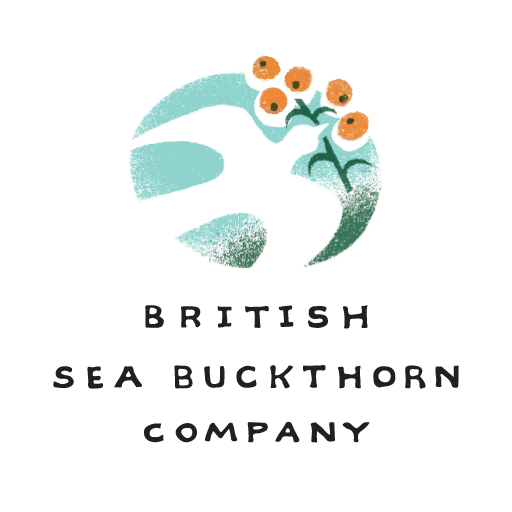Marketing sea buckthorn always has had an issue in that it can be a food; it is sold as cosmetic and it also falls into the realm of health. As the June EU referendum approaches the topic of EU over zealous regulation is high on the discussion agenda. But as soon as I hear that magic phrase on a radio interview – ” the truth is…” or “the fact is…” then I start to switch off. So many times the words truth and fact are used to substantiate an arguement, but the actual statement lacks either.
The EU nutrition and health claims regulations trim back what I would like to say about sea buckthorn. The European Food Safety Agency looks to protect consumers from misleading marketing. The Food Standards Agency in the UK’s latest policy is looking for science and evidence to drive food quality and diet improvement. But science is not necessarily about fact. It is a dynamic. It is a form of enquiry that is continually moving forward, taking one finding and tasking new research to take it forward – testing fact and result. The results are not always what people want to see or hear. Unless results are peer reviewed they often remain in a no man’s land of questionable quality. But it is on science that we base our knowledge – our facts and our truths.
Food trends appear at the beginning of each year.The term natural often appears as a positive market factor. But what is it? I grow sea buckthorn. It produces fruit without the use of chemicals and as a result of the environment is grows in. That I would have thought is as natural as it gets. But that fruit will become an ingredient. The users of ingredients will have perceptions about what it is. Possibly there will also be certificates of analysis stating what it in it. Both of these create ideas of quality, but the truth is that the facts may vary widely. All products of the ground will vary in analytical quality from year to year; from field to field and even within a field. That is nature. But as a natural product it will be tuned to the nutritional requirements of your body. The fact that sometimes the environmental production conditions have been perfect and sometimes not does not mean that the product becomes bad for you. It may however behave slightly differently in the manufacturing process. It also will provide analytical results which may change the context in which the product is allowed to be marketed because regulations define quality by analytical fact.
Sea buckthorn by its nature contains many vitamins and amino and phenolic acids. Hence it is not surprising that its taste is classified sour. In current food trends this is currently good. But in taste terms it can take the uninitiated by surprise. Behind the sour context there is also a unique taste. It is that that we seek – blending in companion ingredients to deliver a taste that relates to create a first impression which creates a wow factor. The issue that the sea buckthorn has lots or little of a specific vitamin or omega fatty acid is not necessarily relevant.
Taste allows us to like a food, but but taste and nutrition are both important. Food provides an equilibrium of health. A balanced diet provides the nutrients that the body needs to allow it to function continually without sickness. So when my cornflakes packet suggests that I am gaining a daily dose of vitamins then that makes me feel good. Whether the vitamins in that form are bioavailable, or whether I need that dose because I have gained it from other foods is not questioned. The fact is – my cornflakes have vitamins in them – I read it on the packet and believe in the figures.
The difference between taste and nutritional analysis is that one in essence is more important than the other. If it tastes foul then the nutritional content is irrelevant. Hence that golden phrase – taste is king.
This week our kitchen table has been laiden with hot pots of jam and the ice cream maker churning away on sorbet recipies. Taste is subjective – hence we need tasting panels to confirm reality – or average reality. The results of these kitchen labours are often surprising. Developing consistency is not as easy as it seems. Recipe books charm us with beautiful ideas but the facts behind the ingredient list can often end up being adulterated by variation in ingredient quality and preparation technique. Truth is – there were some failures in the kitchen trials – but it is success that one focuses on.
And the relevance of all this –
It is these successes with the wow factor that are our taste ambassadors. These are the ones that provide the fact behind – sea buckthorn product has a unique taste factor. This is not an EU nutrition claim or require FSA science evidence to go on a label. The matter becomes truth when others take it up and say – wow.
